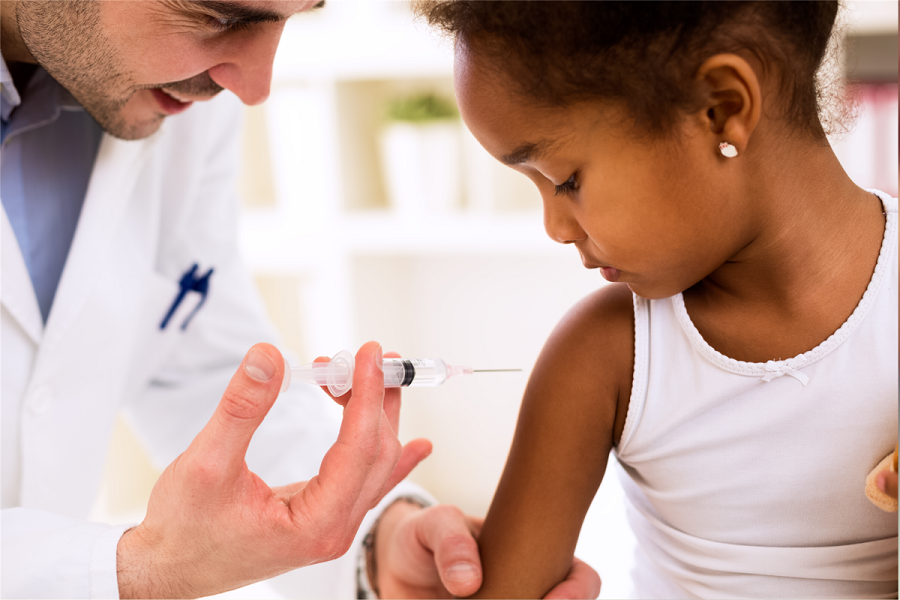Every year, 10th November is celebrated as World Immunization Day. According to the WHO, immunization prevents between 2 and 3 million deaths every year and now protects children not only against diseases for which vaccines have been available for many years, such as Diphtheria, Tetanus, Polio and Measles, but also against diseases such as Pneumonia and Rotavirus Diarrhoea, two of the biggest killers of children under age of five.
World Immunization Day is observed with the aim of highlighting vaccination as a low-tech, cost effective, high impact solution to preventing illness and disease in individuals of all ages. Vaccinations prevent susceptibility to illnesses which can result in serious complications and even death. If exposure to a disease occurs in a community, there is little to no risk of an epidemic if people have been immunized.
Recent advances in medical science have resulted in enhanced protection bestowed by vaccination. Some diseases that once killed thousands of children, have been eliminated completely and others are close to extinction– primarily due to safe and effective vaccines. Polio is a prime example of the great impact that vaccines have had in India. Polio was once India’s most-feared disease, causing death and paralysis across the country, but today, thanks to vaccination, as of 2014, India has been declared polio-free by the WHO, and has been removed from the list of endemic countries. Another example of the benefits of vaccination is the eradication of smallpox worldwide, because of which immunization against the disease is no longer a necessity. Regular and effective immunization may be able to ensure that many such diseases the plague may be eradicated soon.
Even though some diseases, such as polio, rarely affect people in developed nations, all of the recommended childhood immunizations and booster vaccines are still needed. Travellers may inadvertently bring these diseases into developed nations and infect people who have not been immunized. Without the protection via immunizations, these diseases may quickly spread through the population, causing epidemics. The same is true the other way wherein a traveller is entering a new country and immunization can help fight the common disease agents at the destination. Non-immunized people living in healthy conditions are not protected from disease. The immune system can fight a disease better and faster if the individual has had the infection before or has been immunized.
Some vaccine-preventable diseases can result in prolonged disabilities and can take a financial toll because of lost time at work, medical bills or long-term disability care. In contrast, getting vaccinated against these diseases is a good investment and usually covered by insurance.
A small number of people may be susceptible to diseases, such as those with impaired immune systems. These people may not be able to get vaccinations or may not develop immunity even after having been vaccinated. Their only protection against certain diseases is for others to get vaccinated so the illnesses are less common. Vaccines are only given to children after a long and careful review by scientists, doctors, and healthcare professionals. The benefits of vaccination cannot be emphasized enough, and it is safe to say the discomfort or pain caused by the side effects of the vaccine pale in comparison to the tremendous pain and illness caused by the diseases that these vaccines prevent.


 Enquire
Now
Enquire
Now